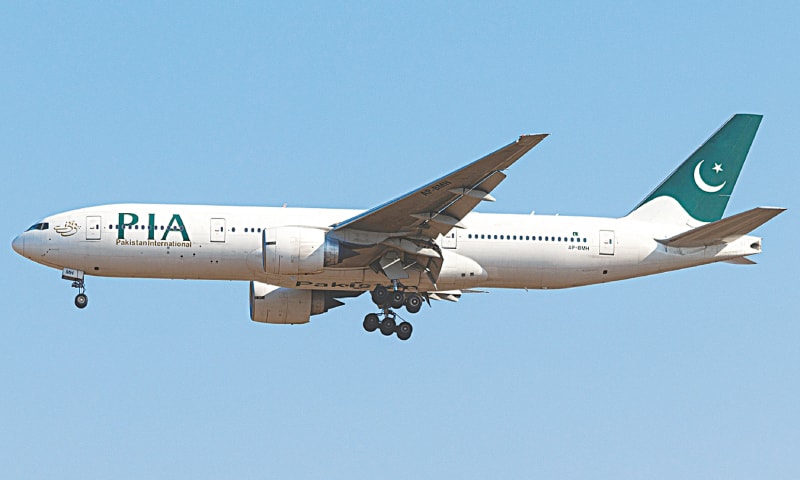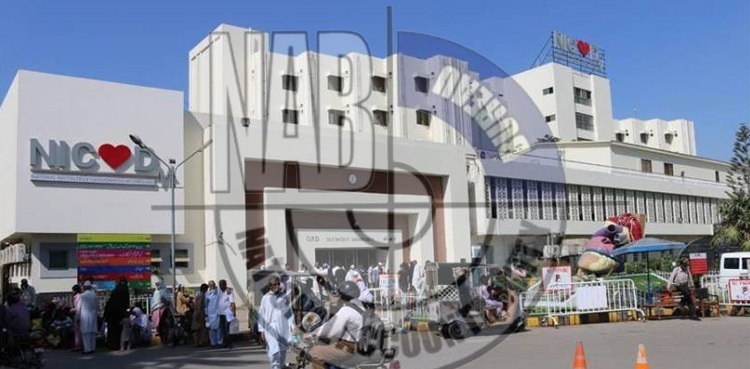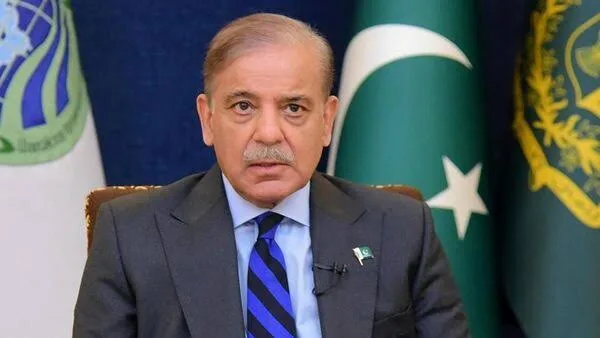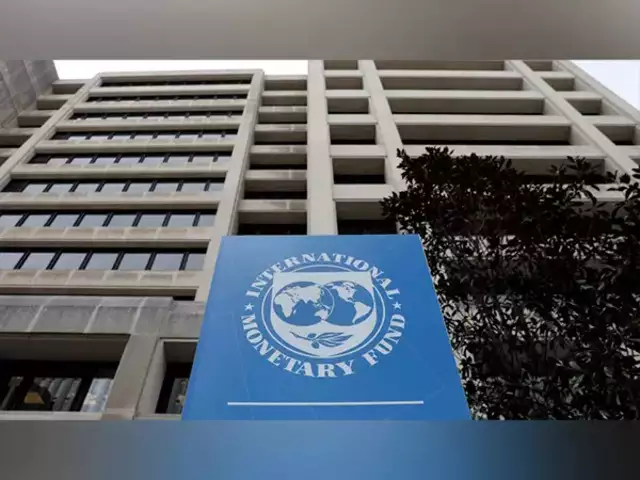Mohsin Siddiqui (Chief Reporter)
Shahid Khaqan Abbasi, the leader of the Awam Pakistan Party (AWP) and former Prime Minister of Pakistan, has expressed strong concerns regarding the government’s proposed privatization of Pakistan International Airlines (PIA).
In a recent statement, Abbasi argued that the government’s expectation of receiving an Rs85 billion bid for PIA’s privatization is highly unrealistic, considering the airline’s current condition and market realities. Abbasi, known for his candid opinions on government policies, suggested that accepting a Rs10 billion bid would be more practical, given the airline’s financial and operational status.
According to Abbasi, the government’s valuation of PIA, pegged at Rs85 billion, does not align with market expectations. “The market does not accept an Rs85 billion bid for PIA. In my view, even Rs10 billion is a high price for PIA considering its current structure,” he stated, criticizing what he described as an overly optimistic approach to the airline’s privatization process. The former prime minister highlighted the challenges that PIA faces, including a massive debt burden, underperformance, and operational inefficiencies, all of which contribute to its declining value.
The criticism came amid the final stages of the privatization process for PIA. Earlier in October, the final bidding process for the national flag carrier’s privatization saw just one bid of Rs10 billion (approximately $36 million) for a 60% stake in the airline. Despite the government pre-qualifying six groups in June, only one entity, Blue World City – a real estate development company – showed interest in the process. The bid placed by Blue World City fell significantly short of the government’s minimum asking price of Rs85 billion, forcing the Privatisation Commission to request that the bidder match the required minimum bid to proceed.
This underwhelming response to the privatization process has raised further doubts about the government’s ability to carry out meaningful economic reforms, particularly those related to state-owned enterprises. The Pakistani government is looking to offload a 51-100% stake in PIA as part of its broader plan to reform state-owned enterprises and generate revenue, in alignment with a $7 billion loan program from the International Monetary Fund (IMF). The IMF-backed plan seeks to stabilize Pakistan’s economy, reduce fiscal deficits, and address debt issues.
Abbasi’s statement underscores the gap between the government’s expectations and the reality of the privatization market. He criticized the government’s valuation, pointing out that the Rs85 billion target for PIA is not only unrealistic but also overlooks the airline’s financial troubles. “No investor will be willing to pay such an inflated price for PIA in its current state. This is a wake-up call for the government,” Abbasi remarked, stressing the need for a more practical and honest assessment of the airline’s value.
PIA privatization, Abbasi also took aim at the current government’s broader economic policies and governance. He was particularly scathing in his assessment of the government’s inability to provide effective leadership, stating that the current administration lacks both the mandate and the performance needed to address the country’s economic challenges. “This government is trying to run the country through haphazard laws, which is a clear admission of failure,” Abbasi said, emphasizing the need for coherent and structured policymaking to address Pakistan’s worsening financial crisis.
Abbasi also criticized the role of the opposition, which he described as ineffective in terms of influencing government policy. He expressed particular dismay at the opposition’s apparent focus on personal agendas rather than national issues. “PTI’s main agenda seems to be getting its founder out of jail rather than focusing on the country’s problems. Every speech and statement revolves around launching movements to secure his (Imran Khan) release,” he stated, adding that this approach has diverted attention from more pressing matters.
The former prime minister further dismissed the notion that external intervention could solve Pakistan’s internal issues. “It is a fantasy to believe that external pressure, such as from figures like Donald Trump, will lead to the release of Imran Khan,” Abbasi remarked. He argued that Pakistan’s political landscape should be shaped by domestic forces, not foreign influence.
Abbasi also took issue with the narrative that the current government’s stability is a result of the failures of the Pakistan Tehreek-e-Insaf (PTI) party. He pointed out that true political strength comes from having a clear mandate, effective governance, and a focus on addressing the needs of the country rather than relying on the weaknesses of the opposition.
The debate over PIA’s privatization highlights broader concerns about Pakistan’s economic health and the effectiveness of government reforms. While the government’s push to privatize state-owned enterprises like PIA is part of a larger strategy to reform the economy, the lack of interest from potential investors indicates the difficulties in finding a viable solution to Pakistan’s state-owned sector issues. Additionally, the government’s unrealistic expectations in the case of PIA’s privatization may further erode investor confidence in Pakistan’s economic outlook.




